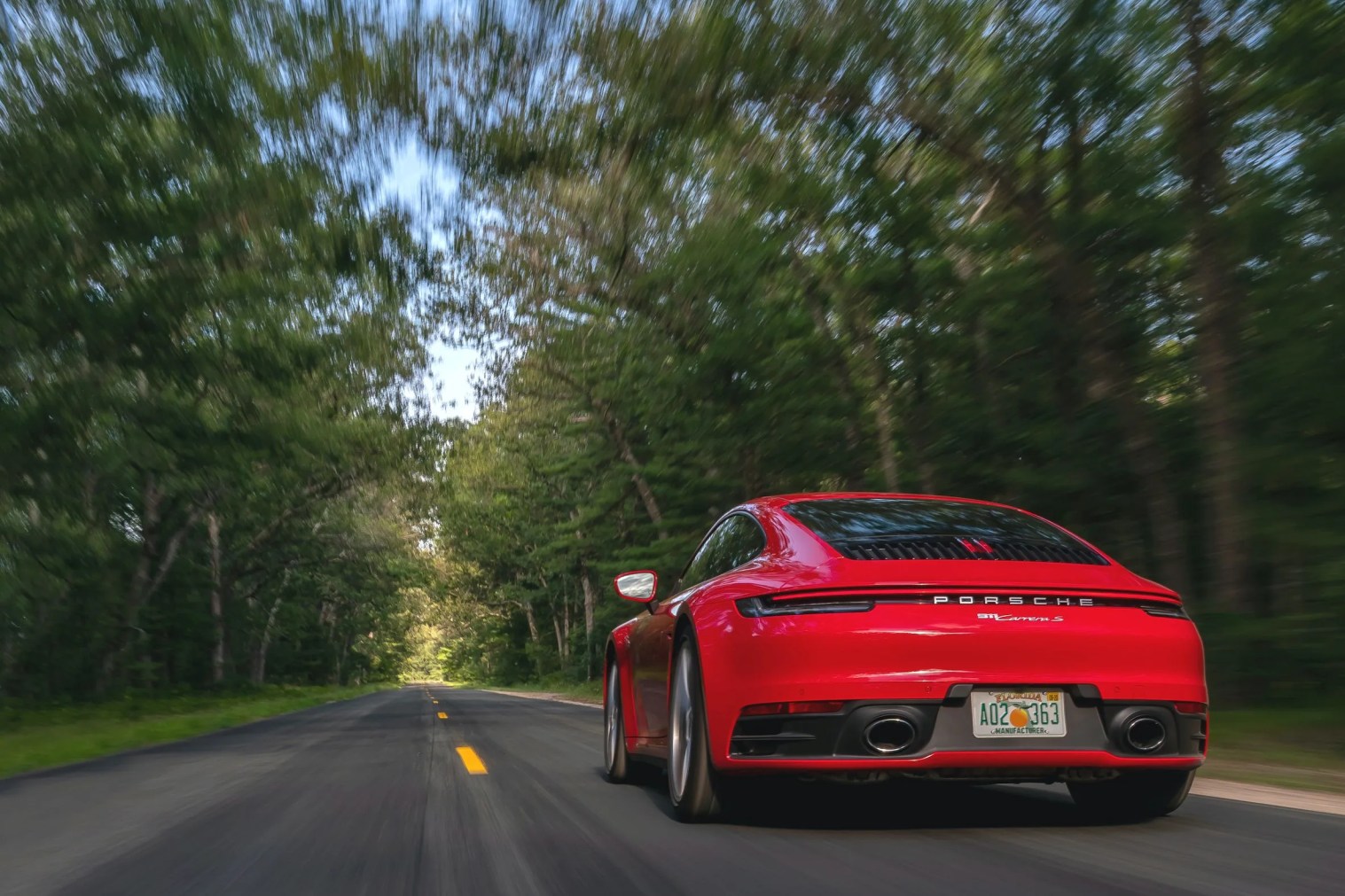It doesn’t feel like it’s been all that long since Porsche debuted the 992-generation 911. Indeed, Porsche is still fleshing out the 911 lineup with new variants. But we’re now several years into what is typically around a seven-year run for a Porsche 911 generation, and that means a mid-cycle refresh should be arriving very soon — most likely, in calendar year 2024, to sync up with the 60th anniversary of the production start of the 911.
Here’s everything we know so far about what Porsche has planned for the upcoming 2025 model year 992.2-generation Porsche 911.
The 2025 Porsche 911 should look like … well, a 911
 Porsche
PorscheThe 911 has changed dramatically since its debut in the 1960s — but not so much visually or proportionally. Don’t expect Porsche to radically rethink the 911, especially for a mid-cycle refresh. Spy photos of prototypes under testing have revealed minimal changes, with the most obvious appearing to be active air shutters on the revised front fascia, which should help improve fuel economy.
The 2025 Porsche 911 could move back towards naturally aspirated engines
 Porsche
PorscheCurrently, you can get a naturally-aspirated flat-six in the 911, but to do so, you need to level up to the $183,000-plus 911 GT3 or even pricer models, like the $290,000 911 S/T whose tachometer is seen here. Lesser models all use a twin-turbo 3.0-liter flat-six, first brought to the lineup in 2015 in an effort to meet more restrictive emissions standards.





